Miniaturised Orbital Electronic Warfare Sensor Systems (MOESS) – Phase 1
Delivery of a space-based tactical EW sensor system to provide persistent, resilient and adaptable situational awareness. The funding provided by DIP is to support activities for Phase one of the project which will deliver the proof of concept of various subsystems.













